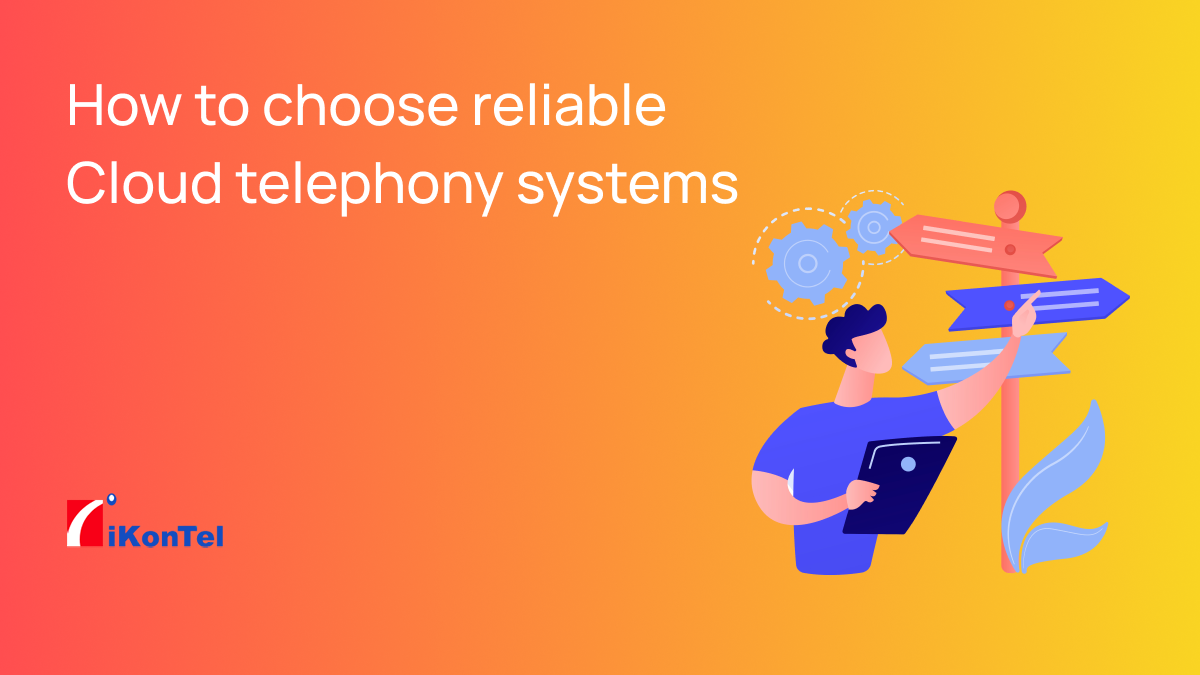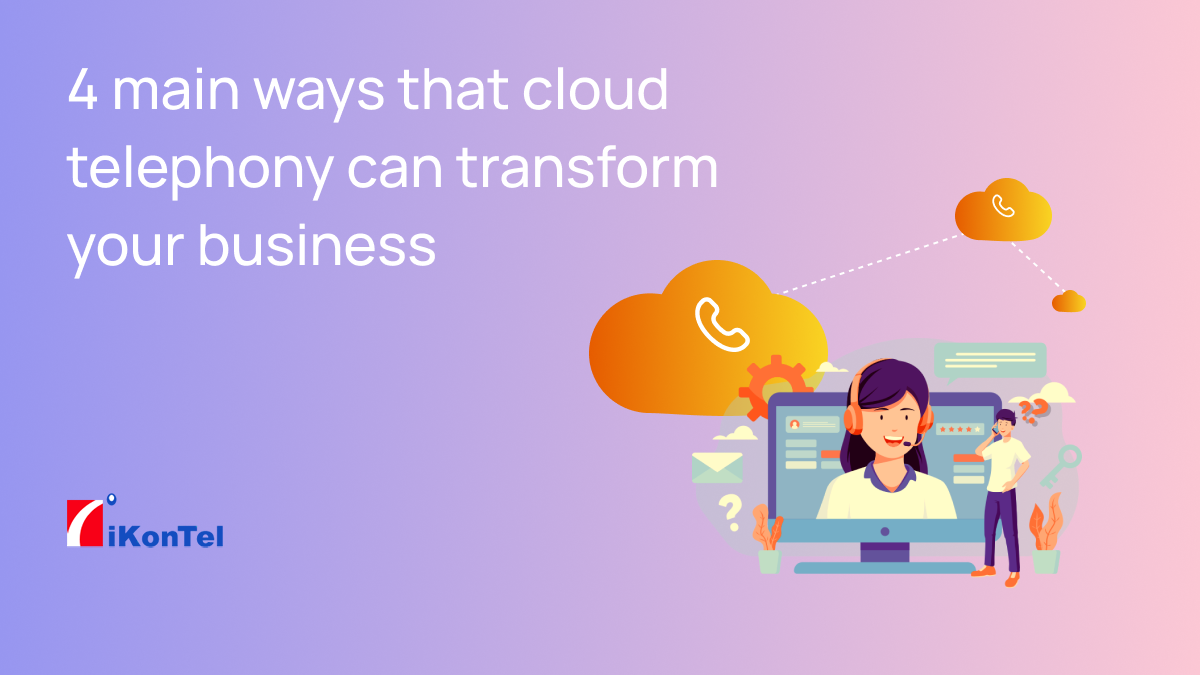Call Center vs Contact Center: Why businesses are moving to the cloud?
Call centers and contact centers are built for the same business functions – to provide customers a way of reaching a company and resolving their queries. However, the channels of communication differ between the two models of business. Modern call centers are shifting to contact center operations which give them a better capacity to handle communications.
In this post, we’re going to cover the capabilities of modern call centers and how cloud-based communications are becoming pivotal to businesses.
What is a contact center?
A contact center allows customers to communicate with a business across different communication channels like voice calls, SMS, email, video conferencing and live chat. By unifying all the communication channels, businesses can serve diverse customers better. Contact centers offer immense flexibility and are hosted on the cloud which makes it more reliable and efficient.
What is a Call center?
A call center typically deals with incoming and outgoing customer communications. All the communication occurs over a single channel, through voice calls. Earlier modes of call center operations were delivered through a phone system and out of a single office. This did not offer the flexibility that contact centers do. However, with the introduction of cloud technologies, call centers are evolving into cloud contact centers.
Benefits of a cloud call center
Cloud-based call centers have opened up new opportunities that reduce the burden on the workforce and furnish better customer experiences. Using a cloud call center, businesses can offer flexible remote working opportunities for their workforce. Using IVR call flows, smart pre-recorded response save time and effort in resolving bulk call queries. With advanced reporting and analytics, businesses can track their performances and gain more visibility in their operations.
The best part about cloud-based call centers is that the cloud telephony service providers take care of all the maintenance and upkeep of your communication solution. This allows businesses to focus on their growth without worrying about infrastructural changes. This saves time and costs in operations.
Let’s explore key benefits of a cloud call center.
1. Contextual communication
Cloud call centers enable convenience for customers and agents, where all the crucial information is available on the agent’s dashboard. The easy integration with CRM tools and other software allows for smooth customer service operations.
For example, a customer who has sent multiple emails finally decides to call your support desk. Traditionally, an agent will answer the call without any information about who’s calling. With cloud based solution, the call center software provides all the relevant information to the agent, including past communications with the company. This saves the customer from having to repeat their concern all over again. Thus, agents can personalize the customer service operations to provide quick and effective resolutions based on the data available.
2. Advanced reporting
Cloud telephony solutions offer modern call centers the opportunity to track and analyze calls. This provides great business intelligence to your business. You can track the performance of your call center operations like knowing the average call duration, first response time, call abandonment rate, first call resolution and much more. The insights that cloud calling offers improve the overall operational efficiency.
Using advanced reporting features, cloud telephony streamlines various business operations and enhances productivity.
3. Customizable and scalable solutions
A major advantage of cloud based communications is that they are highly customizable. Cloud telephony can be tailored to your specific business requirements. With cloud call centers, the ease of access to enterprise applications allows you to make changes in the workflow to suit your latest business demand. This means that businesses can scale up accordingly. There are no infrastructural requirements for a managed cloud service, thus incorporating new updates and changes over the cloud becomes more flexible and scalable.
4. Improved agent productivity
Modern cloud call centers come with features like auto-dialers like the click-to-call feature. This takes a lot of stress out of manual number dialing and increases the process efficiency. Using intelligent call routing, agents are always prepared to serve customers. Customers don’t waste any time as their agent is always aware of their needs.
5. Self-service opportunities
Another big bonus of cloud call centers is the self-service opportunity. An IVRS allows customers to connect with an intelligent machine that streamlines the query resolution process. Customers can take action and solve their queries without having to connect to an agent. And if the IVR cannot solve the complex query, the agents are always available.
Get your cloud-based solution from iKonTel
Ultimately cloud call centers bolster business operations with improved efficiency and control. Irrespective of the size of your business, you can get a custom cloud solution with minimum investment and infrastructural requirements. Cloud call centers offer exceptional customer service and if you’re looking to scale up your operations, you can do so without any hassle.
Get your custom cloud telephony solution from iKonTel and get unmatched efficiency for all your business communications. The goal is to equip your agents with the best tools to communicate effectively, save time and costs on operations by promising your customers the best experiences with your company.





